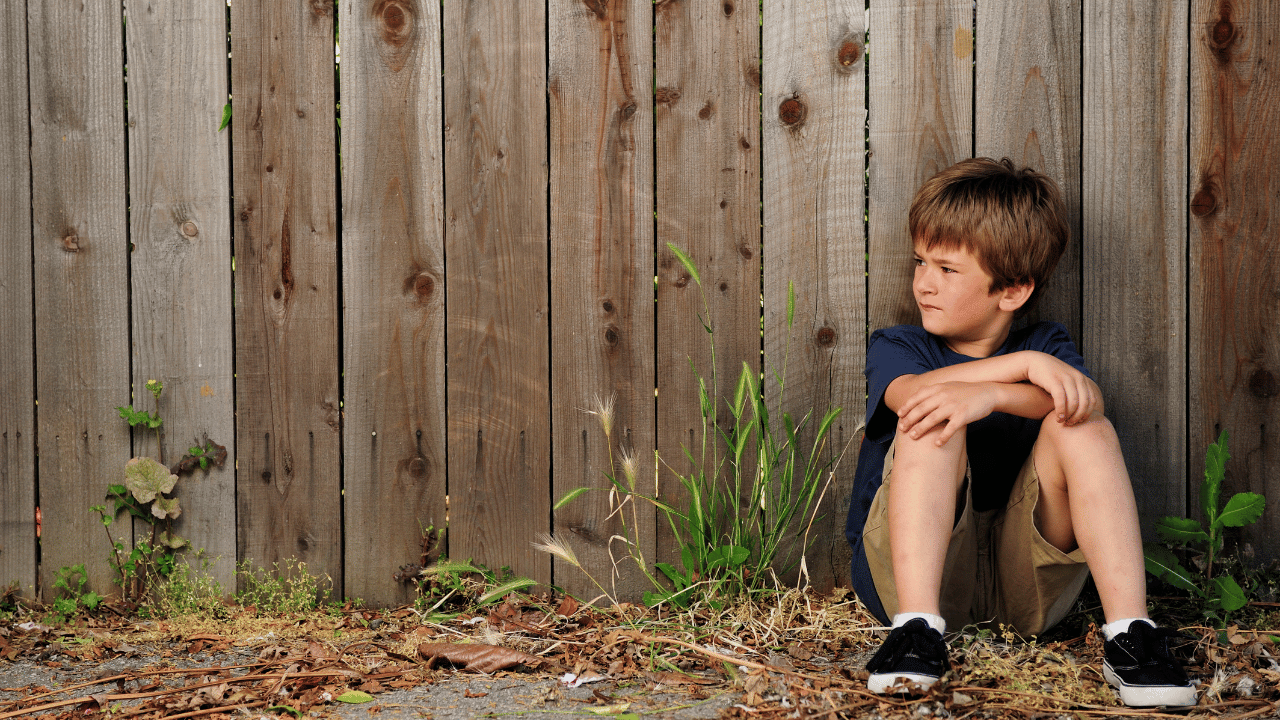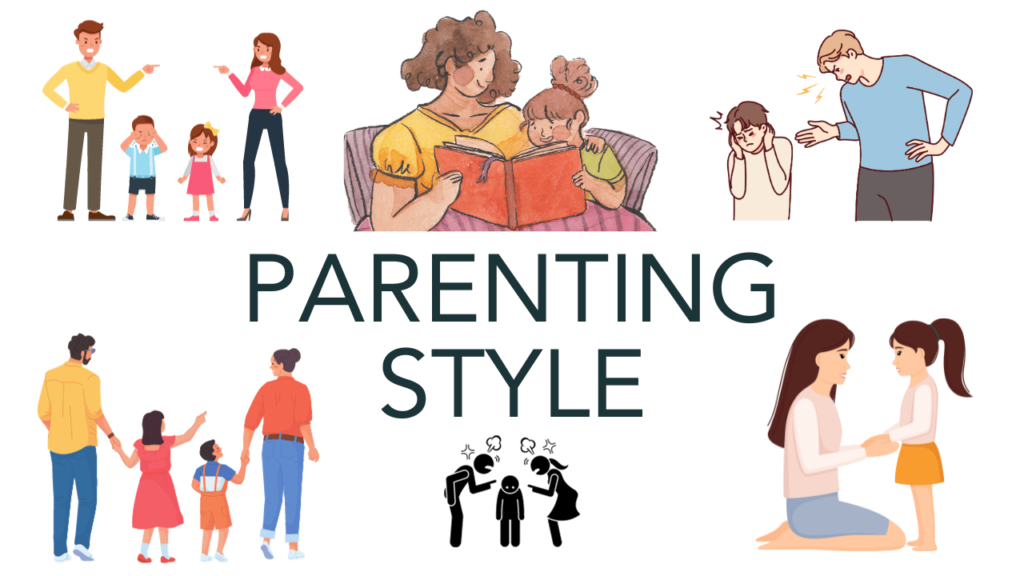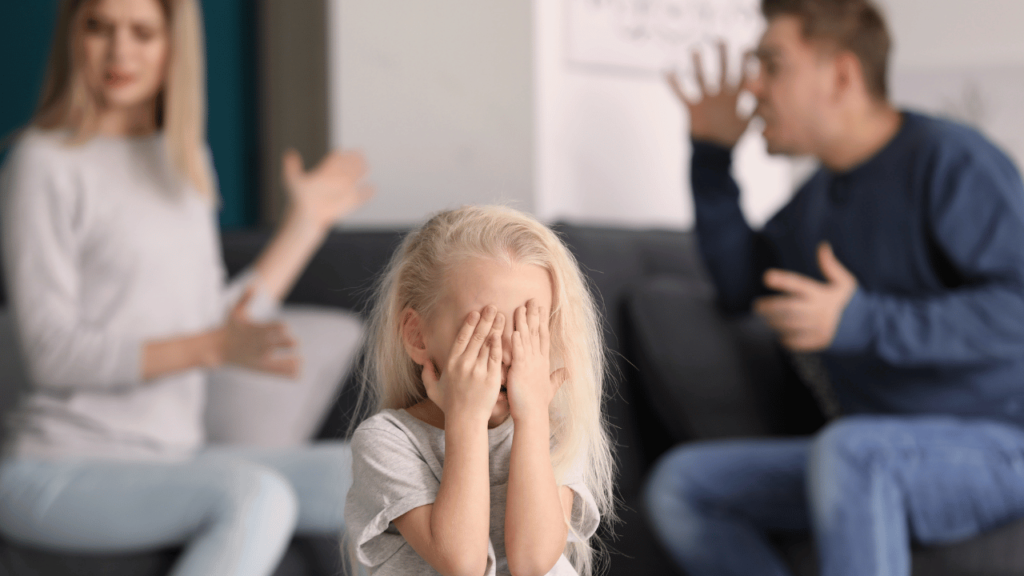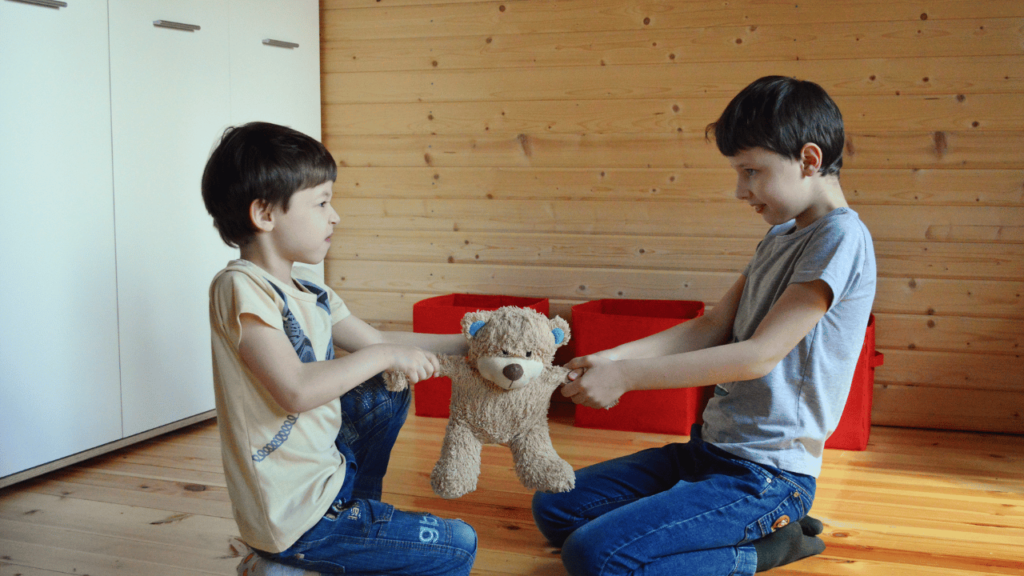1. Parent-Child Relationship Problems
Definition of Parent-Child Relationship
The parent-child relationship is a unique bond that significantly influences a child’s development. It encompasses the emotional, physical, and social connections between parents and their children. This bond plays a crucial role in shaping a child’s personality, values, and overall well-being.
Importance of a Healthy Parent-Child Relationship
A healthy parent-child relationship is the cornerstone of a child’s emotional and social development. It provides a secure foundation for children to explore the world, build self-esteem, and form healthy relationships with others. A positive parent-child relationship fosters trust, communication, and a sense of security that lasts into adulthood.
Overview of Common Parent-Child Relationship Problems
Despite its significance, the parent-child relationship issues is susceptible to various challenges. Communication issues, behavioral problems, and emotional distance are common issues that can strain this vital connection. Recognizing and addressing these problems is essential for promoting a positive and supportive family dynamic.
This Article Contains:
2. Types of Parent-Child Relationship Problems
Communication Issues

Communication Issues
1. Lack of Effective Communication
Effective communication is fundamental to a strong parent-child bond. When communication breaks down, misunderstandings and misperceptions can emerge, leading to strained relationships. For instance, a child might feel unheard, while a parent may struggle to convey expectations clearly.
2. Misunderstandings and Misperceptions
Misunderstandings often arise from differing perspectives. Parents may misinterpret their child’s behavior, and vice versa. These misunderstandings can escalate into larger issues if not addressed promptly, hindering the development of a healthy relationship.
Behavioral Problems

Behavioral Problems
1. Discipline Challenges
Discipline challenges can arise when parents and children have differing views on rules and consequences. Inconsistent discipline or overly authoritarian approaches can lead to power struggles and strained parent-child dynamics.
2. Power Struggles
Power struggles occur when there is a lack of balance in authority. Parents may try to assert control, leading children to resist or rebel. Navigating these power dynamics is crucial for maintaining a respectful and harmonious relationship.
Emotional Distance

Emotional Distance
1. Lack of Emotional Connection
Emotional connection is vital for a strong parent-child relationship. When this connection is lacking, children may feel emotionally neglected, leading to feelings of isolation and insecurity.
2. Emotional Neglect
Emotional neglect occurs when parents unintentionally overlook their child’s emotional needs. This can result in long-lasting emotional scars, impacting the child’s ability to form healthy relationships later in life.
3. Causes of Parent-Child Relationship Problems

Parenting Style

Parenting Styles
1. Authoritarian
Authoritarian parenting, characterized by strict rules and little flexibility, can lead to rebellion and strained relationships. Children raised under authoritarian parents may struggle with autonomy and decision-making.
2. Permissive
Permissive parenting, marked by a lack of clear boundaries, can result in behavioral challenges. Children may struggle with self-control and face difficulties adapting to rules in other areas of life.
3. Authoritative
Authoritative parenting strikes a balance between setting expectations and fostering a supportive environment. However, even this approach can pose challenges if not consistently applied.

Environmental Factors
1. Stressors
External stressors such as work pressure and financial strain can impact family dynamics. Stress can lead to increased conflict and strained relationships between parents and children.
2. Family Structure and Dynamics
The structure of the family, including the presence of extended family members or single-parent households, can influence the parent-child relationship. Understanding and navigating these dynamics is crucial for a healthy family environment.
Individual Factors

Individual Factors
1. Personal Challenges
Parents facing personal challenges, such as mental health issues or unresolved trauma, may struggle to provide a nurturing environment. Addressing these challenges is vital for improving the parent-child relationship.
2. Past Trauma and Its Impact
Unresolved past trauma can affect parenting behaviors and the child’s perception of safety. Recognizing and addressing these issues is essential for breaking the cycle of negative relationship patterns.
4. Effects of Parent-Child Relationship Problems
Impact on Child Development

Impact on Child Development
1. Cognitive Development
A strained parent-child relationship can impede a child’s cognitive development. Lack of emotional support and stimulation may hinder the acquisition of critical thinking skills.
2. Emotional Well-being
Children in challenging parent-child relationships are more prone to emotional difficulties, including anxiety and depression. Emotional well-being is closely tied to the quality of the parent-child bond.
Long-term Consequences

Long-term Consequences
1. Relationship Patterns in Adulthood
The quality of the parent-child relationship can shape a child’s approach to relationships in adulthood. Patterns of interaction learned in childhood often influence how individuals navigate their own relationships.
2. Mental Health Implications
Long-term mental health implications, including increased susceptibility to anxiety and depression, can result from unresolved parent-child relationship problems.
5. Signs and Symptoms of Parent-Child Relationship Problems
Behavioral Indicators

Behavioral Indicators
1. Aggressive Behavior
Children may display aggression as a way to express frustration or seek attention in the absence of positive interaction.
2. Withdrawal and Isolation
Emotional distance can manifest in a child’s withdrawal from family activities and increased isolation.
Emotional Indicators

Emotional Indicators
1. Anxiety and Depression
Children experiencing strained relationships may exhibit symptoms of anxiety and depression, affecting their overall well-being.
2. Low Self-Esteem
A lack of positive reinforcement and emotional support can contribute to low self-esteem in children.
6. Strategies for Improving Parent-Child Relationships
Communication Strategies

Communication Strategies
1. Active Listening
Quality time and Active listening involves fully engaging with a child’s thoughts and feelings, fostering a sense of being heard and understood.
2. Open and Honest Communication
Encouraging open and honest communication builds trust and allows for the expression of thoughts and concerns.
Positive Parenting Techniques

Positive Parenting Techniques
1. Setting Clear Expectations
Clear expectations help establish boundaries and provide children with a framework for understanding acceptable behavior.
2. Using Positive Reinforcement
Positive Gentle parenting reinforcement reinforces desired behaviors, creating a positive environment for both parents and children.
3. Non-judgmental parenting
Non-judgmental parenting encourages open communication and empathy, allowing your child to express themselves without fear of criticism. This tip delves into the importance of non-judgmental attitudes, promoting understanding through empathy and self-reflection.
Seeking Professional Help

Seeking Professional Help
1. Family Counseling
Family counseling provides a safe space for open communication and collaboration in resolving parent-child relationship challenges.
2. Therapy for Individuals (Parents and Children)
Individual therapy addresses personal challenges, fostering personal growth and enhancing the capacity for positive relationships.
3. Parent-Child Interaction Therapy (PCIT)
Parent-Child Interaction Therapy (PCIT) is a specialized form of behavioral therapy designed to enhance the relationship between parents and their children while addressing behavioral and emotional challenges. Developed by Sheila M. Eyberg in the 1970s, PCIT is particularly effective for young children, typically aged 2 to 7 years, experiencing disruptive behavior disorders or difficulties in the parent-child relationship.
7. Preventing Parent-Child Relationship Problems
Building Strong Foundations

Building Strong Foundations
1. Early Bonding and Attachment
Nurturing a strong bond early in a child’s life creates a foundation for a secure and trusting relationship.
2. Consistent and Positive Reinforcement
Consistent positive reinforcement builds confidence and reinforces the parent-child connection.
Continuous Communication

Continuous Communication
1. Regular Check-ins
Regular check-ins allow parents to stay attuned to their child’s needs and concerns.
2. Addressing Issues Promptly
Promptly addressing any emerging issues prevents escalation and maintains a healthy parent-child dynamic.
Conclusion:
Recap of Key Points
In understanding parent-child relationship problems, recognizing the importance of effective communication habits, positive parenting techniques, and addressing individual and environmental factors is crucial. By acknowledging the signs and symptoms and implementing preventative strategies, parents can create a nurturing environment for their children.
Encouragement for Seeking Help
Seeking professional help, whether through family counseling or individual therapy, is a proactive step toward resolving parent-child relationship challenges. Professional guidance can offer valuable insights and strategies for improvement.
Importance of Nurturing Positive Parent-Child Relationships
Ultimately, the quality of the parent-child relationship significantly impacts a child’s development and well-being. Nurturing positive connections through open communication, understanding, and consistent support lays the groundwork for a healthy and fulfilling family life.


